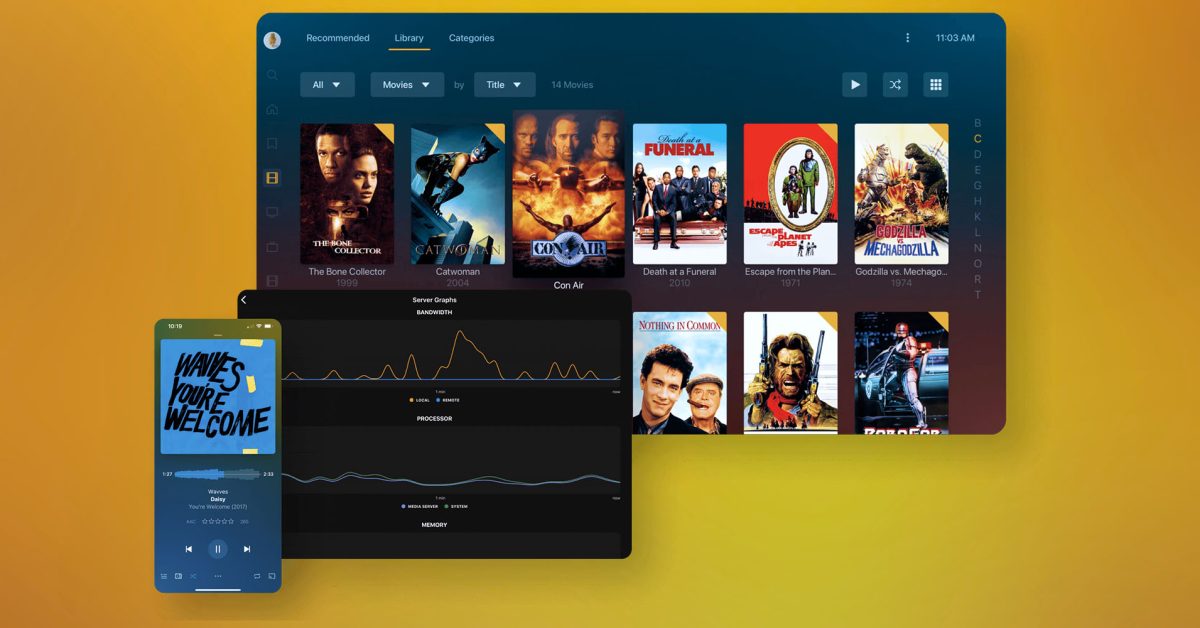
the vpn panic is only getting started The implementation of the Online Safety Act in the UK has sparked a significant surge in the use of VPNs as individuals seek to navigate around newly imposed internet restrictions.
the vpn panic is only getting started
Background on the Online Safety Act
Enacted in the summer of 2023, the Online Safety Act aims to enhance internet safety by imposing stringent age verification measures on various online platforms. The legislation was introduced in response to growing concerns about the exposure of minors to harmful content on the internet. By requiring age checks, the UK government hopes to create a safer online environment for younger users.
However, the law has faced criticism for its potential to infringe on privacy rights and limit access to information. Critics argue that the age verification process could lead to increased surveillance and data collection, raising concerns about how personal information will be handled and stored. The act’s implementation has triggered a wave of public discourse regarding the balance between safety and privacy in the digital age.
Public Response and Workarounds
In the weeks following the law’s enactment, it became evident that many users were looking for ways to circumvent the age verification requirements. Various methods emerged, some of which gained significant traction online. One notable workaround involved using the photo mode from the popular video game, Death Stranding, to bypass face scans required for age verification. This creative approach highlighted the lengths to which individuals would go to maintain their online privacy and access unrestricted content.
Despite the ingenuity of some of these methods, the most straightforward solution quickly became the use of Virtual Private Networks (VPNs). VPNs allow users to mask their IP addresses, effectively making it appear as though they are accessing the internet from a different country. This capability enables users to bypass age checks entirely, as the restrictions are often geographically based.
The Rise of VPN Usage
According to a report from the BBC shortly after the Online Safety Act took effect, five of the top ten free apps on the iOS App Store were VPNs. This surge in popularity underscores the growing demand for tools that facilitate online privacy and unrestricted access to content. VPN providers have reported a significant increase in downloads and subscriptions, indicating that many users are actively seeking ways to navigate the new restrictions.
WindscribeVPN, a popular VPN service, shared data showing a marked increase in user activity following the implementation of the Online Safety Act. The data revealed that many users were not only downloading VPN applications but also utilizing them at unprecedented rates. This trend highlights a broader societal shift towards prioritizing online privacy and security in the face of increasing governmental oversight.
Implications of VPN Usage
The widespread adoption of VPNs in response to the Online Safety Act raises several important implications for both users and policymakers. As more individuals turn to these tools, it becomes increasingly challenging for the government to enforce age verification requirements effectively. This situation may lead to a cat-and-mouse game between regulators and users, as new methods of circumvention continue to emerge.
Impact on Online Safety
One of the primary goals of the Online Safety Act is to protect minors from harmful content. However, the effectiveness of age verification measures is called into question when users can easily bypass them using VPNs. This raises concerns about the potential for minors to access inappropriate material, undermining the very objectives the legislation seeks to achieve.
Moreover, the reliance on VPNs may inadvertently expose users to other risks. While many VPN services offer enhanced privacy and security, not all providers are created equal. Some may log user data or expose individuals to malicious activities. As users flock to VPNs as a solution, they must also be vigilant about choosing reputable services that prioritize user privacy.
Government Response
In light of the rapid increase in VPN usage, the UK government may need to reassess its approach to online safety. Policymakers could explore alternative methods for ensuring the protection of minors without infringing on the privacy rights of all internet users. This might involve investing in more sophisticated age verification technologies that are less susceptible to circumvention or focusing on educational initiatives that empower users to navigate online spaces safely.
Additionally, there may be a push for greater regulation of VPN services themselves. As the government seeks to enforce compliance with the Online Safety Act, it may consider implementing measures to hold VPN providers accountable for facilitating access to restricted content. This could lead to a complex legal landscape where VPNs are scrutinized for their role in circumventing government regulations.
Stakeholder Reactions
The reactions to the Online Safety Act and the subsequent rise in VPN usage have been varied among stakeholders. Advocates for online safety argue that the law is a necessary step to protect vulnerable populations, particularly children. They contend that the government must take a firm stance against harmful content and that age verification is a crucial component of that effort.
On the other hand, privacy advocates and civil liberties organizations have voiced strong opposition to the law, arguing that it infringes on individual rights and freedoms. They emphasize the importance of maintaining a free and open internet, warning that excessive regulation could lead to a slippery slope of increased surveillance and censorship.
Furthermore, the tech industry has also weighed in on the issue. Many technology companies have expressed concerns about the implications of the Online Safety Act for innovation and user experience. They argue that overly restrictive measures could stifle creativity and hinder the development of new technologies that enhance online safety without compromising privacy.
The Future of Online Privacy
The ongoing developments surrounding the Online Safety Act and the rise of VPN usage signal a critical moment in the discourse on online privacy and safety. As users increasingly turn to VPNs to navigate restrictions, the conversation will likely evolve to address the broader implications of government regulation in the digital age.
Looking ahead, it is essential for policymakers to strike a balance between ensuring online safety and protecting individual rights. Engaging with stakeholders from various sectors, including technology, civil liberties, and public health, will be crucial in shaping a comprehensive approach to online safety that respects privacy while safeguarding vulnerable populations.
In conclusion, the VPN panic triggered by the Online Safety Act reflects a growing demand for online privacy and the challenges associated with regulating the internet in an age of rapid technological advancement. As the landscape continues to evolve, it will be imperative for all stakeholders to engage in constructive dialogue to navigate the complexities of online safety and privacy in the 21st century.
Source: Original report
Was this helpful?
Last Modified: November 27, 2025 at 5:38 pm
9 views















